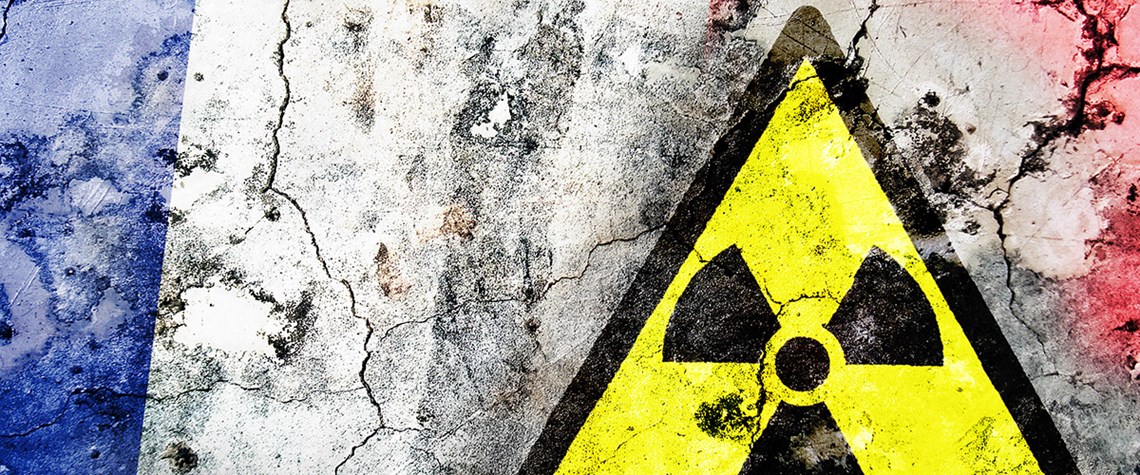France's changing energy mix
The Macron government faces the difficult task in 2018 of juggling competing demands for France's energy cocktail
The past year was an interesting one for French energy policy. The presidential campaign offered a wide range of options, from right-wing enthusiasm for nuclear power to left-wing plans to phase it out within 25 years. After the election, Emmanuel Macron's newly designed government didn't waste time: it unveiled a long-term vision with a "plan climat" (climate plan) designed to fulfil a commitment to the Paris Agreement and reach carbon neutrality around 2050. A law was passed accordingly to ban oil and gas exploration and production by 2040, a mostly symbolic move, given France's huge dependence on imported hydrocarbons. A more concrete and immediate step was the inclusion of a sharp carbon

Also in this section
18 February 2026
With marketable supply unlikely to grow significantly and limited scope for pipeline imports, Brazil is expected to continue relying on LNG to cover supply shortfalls, Ieda Gomes, senior adviser of Brazilian thinktank FGV Energia,
tells Petroleum Economist
17 February 2026
The 25th WPC Energy Congress, taking place in Riyadh, Saudi Arabia from 26–30 April 2026, will bring together leaders from the political, industrial, financial and technology sectors under the unifying theme “Pathways to an Energy Future for All”
17 February 2026
Siemens Energy has been active in the Kingdom for nearly a century, evolving over that time from a project-based foreign supplier to a locally operating multi-national company with its own domestic supply chain and workforce
17 February 2026
Eni’s chief operating officer for global natural resources, Guido Brusco, takes stock of the company’s key achievements over the past year, and what differentiates its strategy from those of its peers in the LNG sector and beyond







